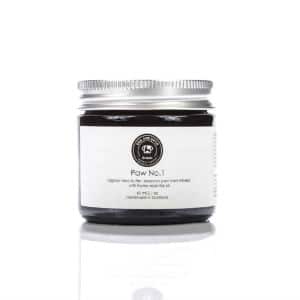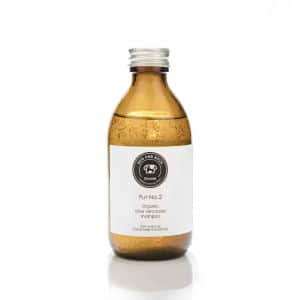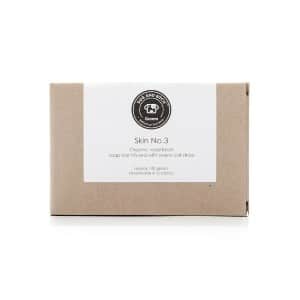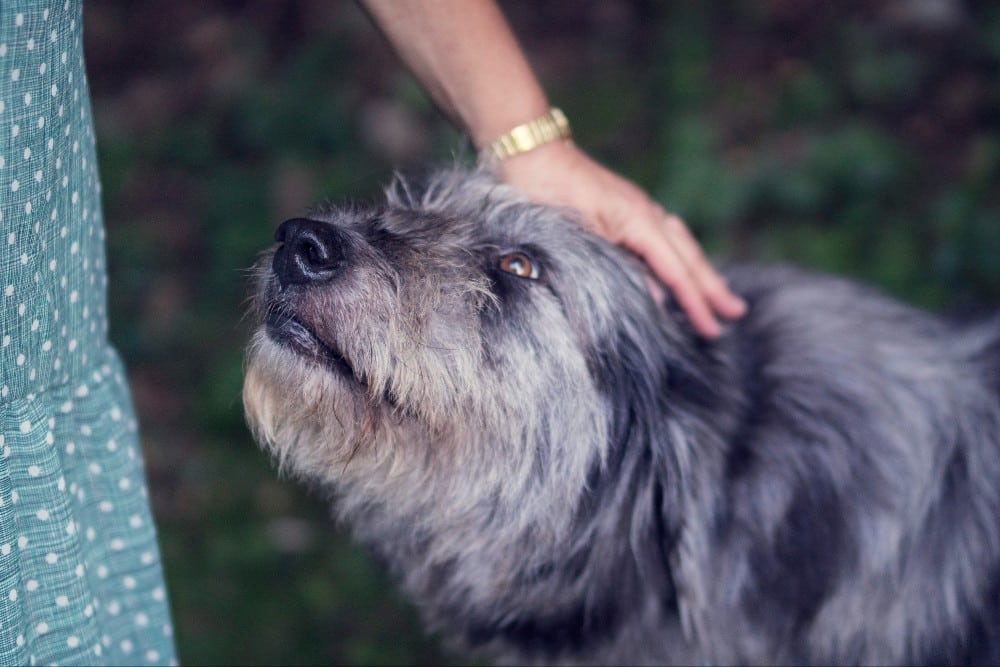While people continue to race to the stores to stock up on hand sanitizers to protect themselves from COVID-19, some are using the disinfectant on their dogs — putting it on their paws, rubbing it in their coats and even applying to their face — to try and keep them safe. These good intentions are actually poisonous to our four-legged friend.
It has apparently become such a prevalent problem that the FDA issued a warning to pet parents about the dangers.
“Attention Pet Owners: Do not use hand sanitizer to clean your pet’s paws. It can cause poisoning if absorbed through the skin. Hand sanitizer products can make your dog sick if eaten,” the FDA tweeted.
Dr. Tamara Johnson, the medical director at Wylie Veterinary Hospital, agrees.
“If a hand sanitizer is applied directly to dog’s skin near open wounds, cuts, scrapes or an irritated surface, this can aggravate a current problem, causing pain and discomfort and could potentially result in an allergic reaction,” she says. “It also dries out the skin and can predispose to additional skin conditions.”
Dr. Johnson also says that because so many of the hand sanitizers contain ethanol, ingesting it could lead to alcohol poisoning, with side effects including vomiting, diarrhea, blindness and permanent organ damage.
She even warns against those hand sanitizers and antibacterial wipes that are “alcohol-free,” as often they contain benzalkonium chloride. “In humans this can cause a rash, skin irritation, eye issues, and swelling of the mouth, tongue, lips and throat.” she says. “In animals, oral contact can result in drooling and ulcers on the tongue and lips.”
She notes that triclosan, an ingredient in antibacterial soaps, body wash and hand sanitizers, “has the potential of causing skin cancer after long term use, may contribute to antibiotic resistance, and has been shown to alter hormone regulation in animals.” She also says hand sanitizers containing methanol, a wood alcohol, has been known to cause severe problems in humans and is very toxic. (Though, it has not yet been studied in dogs).
If worried about your dog’s cleanliness, Dr. Johnson recommends giving your pup a good ole bath.
“Just as in people, routine bathing with appropriate shampoo and contact time is sufficient to remove most debris and dead skin cells,” she says, but warns against products made for us. “Human shampoo, condition, or dishwashing liquid should not be used as a cleaning agent for your dog. These can be drying and irritating to the skin and can strip natural oils, causing discomfort and flakiness.”
Rather stick to an everyday dog shampoo, like an oatmeal-based one, unless your dog needs a special medicated one.
If you are worried your dog will come in contact with someone with COVID-19 (or someone in your household has it), Dr. Johnson says to just be diligent. “Wash your hands well after handling your pet and routinely wash your dog’s bedding, toys, and bowls for a happy healthy home environment.”





















